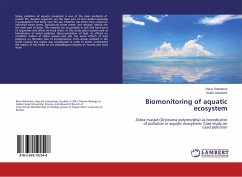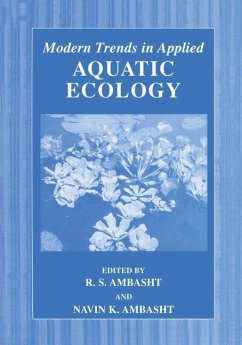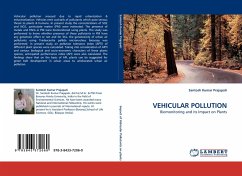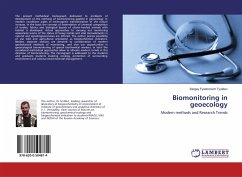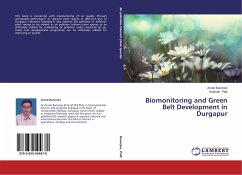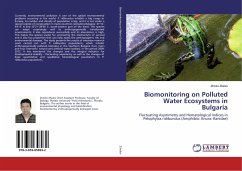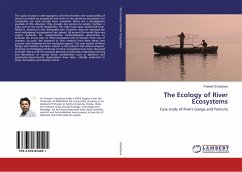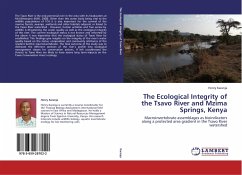Today, pollution of aquatic ecosystem is one of the main problems of human life. Aquatic organism, are the main part of food basket especially in populations that living near the sea. Pollution has three main resources: industrial waste water, agricultural waste water, and sewage. Metals are the main part of them. This material can accumulate in soft and hard parts of organisms and affect on food chain. In this study zebra mussel used as bioindicator of metal pollution. Bioaccumulation of lead, its effects on condition indices of zebra mussel and also the acute effects of lead pollution on filtration rate of D.polymorpha, from Anzali wetland in the south Caspian Sea region was investigated in order to better understand the impact of this metal on the physiological integrity of mussels and food chain.
Bitte wählen Sie Ihr Anliegen aus.
Rechnungen
Retourenschein anfordern
Bestellstatus
Storno

